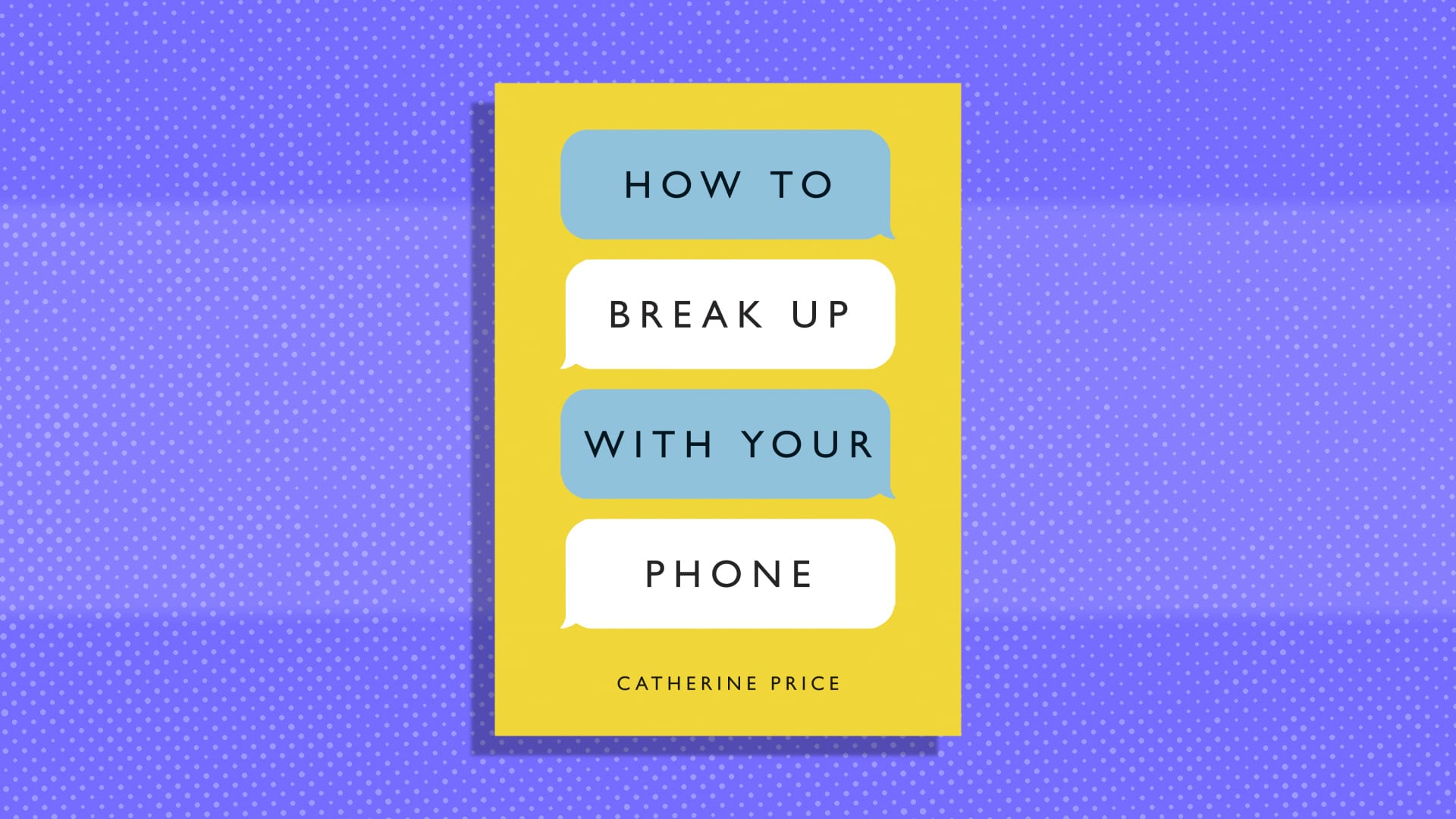
Smartphones undoubtedly make our lives easier. Having your morning alarm, credit cards, and text messages all in one place is convenient.
But, according to mounting research, they are also changing our brains for the worst.
And how could they not? The average American checks their smartphone 144 times per day, according to a survey by Reviews.com.
The mere presence of a smartphone can actually reduce the quality of our in-person conversations with others, according to a 2012 study. And extensive social media use can lead to increased feelings of isolation, according to a 2017 study.
If you find yourself reaching for your phone more than you’d like, it might be time to set some boundaries.
In her book “How to Break Up With Your Phone,” Catherine Price goes into actionable practices that can help you curb your phone usage.
One of those will take you under 60 seconds and doesn’t require you to download any apps or set any limits. All you have to do is change your lock screen.
‘Simply notice the urge and stay present’
Cutting down on iPhone usage has a lot to do with mindfulness, Price writes in her book.
Say you catch yourself reaching for your phone mid-dinner. Pay attention to how you’re feeling without judging the feeling.
“Practicing mindfulness means that instead of trying to fight your urge or criticizing yourself for having it, you simply notice the urge and stay present with it as it unfolds,” she writes.
You can assess how you’re feeling by asking yourself a few questions, she says:
- What does the craving feel like in your brain and in your body?
- Why are you having this particular urge right now?
- What reward are you hoping to receive, or what discomfort are you trying to avoid?
- What would happen if you reacted to the impulse?
- What would happen if you did nothing at all?
Because being on our phones is so natural, slowing down every time you reach for it might be a challenge.
That’s where the lock screen comes in.
“Our lives are what we pay attention to,” Price writes in her book.
The next time you pick up your smartphone, ask yourself, “What do you want to pay attention to?”
To help you remember to ask this question, Price suggests writing it down on a piece of paper, taking a picture of it, and setting it as your lock screen.
“That way, whenever you reach for your phone, you’ll be reminded to check in with yourself first,” she writes.
This takes you less than a minute and can lead to healthier phone habits that will allow you to keep the convenience a smartphone brings and hopefully shave off some of the more negative effects.
DON’T MISS: Want to be smarter and more successful with your money, work & life? Sign up for our new newsletter!
Get CNBC’s free Warren Buffett Guide to Investing, which distills the billionaire’s No. 1 best piece of advice for regular investors, do’s and don’ts, and three key investing principles into a clear and simple guidebook.
